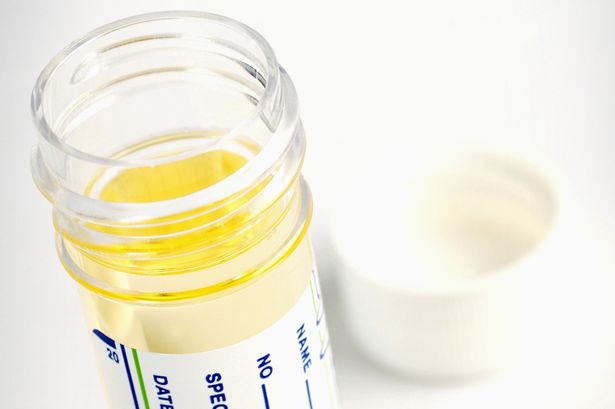
Home urine test for prostate cancer
A simple urine test under development for prostate cancer detection can now use urine samples collected at home -- according to new research from University of East Anglia and the Norfolk and Norwich University Hospital.
Scientists pioneered the test which diagnoses aggressive prostate cancer and predicts whether patients will require treatment up to five years earlier than standard clinical methods.
This is an important step forward, because the first urination of the day provides biomarker levels from the prostate that are much higher and more consistent. And the research team hope that the introduction of the 'At-Home Collection Kit' could revolutionize diagnosis of the disease.
Prostate cancer is the most common cancer in men. It usually develops slowly and the majority of cancers will not require treatment in a man's lifetime. However, doctors struggle to predict which tumors will become aggressive, making it hard to decide on treatment for many men.
The most commonly used tests for prostate cancer include blood tests, a physical examination known as a digital rectal examination (DRE), an MRI scan or a biopsy.
Scientists developed the PUR test, which looks at gene expression in urine samples and provides vital information about whether a cancer is aggressive or 'low risk.
The research team provided 14 participants with an At Home Collection Kit, and instructions. They then compared the results of their home urine samples, taken first thing in the morning, with samples collected after a digital rectal examination.
Scientists found that the urine samples taken at home showed the biomarkers for prostate cancer much more clearly than after a rectal examination. And feedback from the participants showed that the at home test was preferable.
This is a very exciting development as this test gives us the possibility of differentiating those who do from those who do not have prostate cancer so avoiding putting a lot of men through unnecessary investigations.
This urine test has the potential to tell us whether we needed to intervene with these patients.
The research team say that their findings could also help pioneer the development of home-collection tests for bladder or kidney cancer.
 English
English Arabic
Arabic


